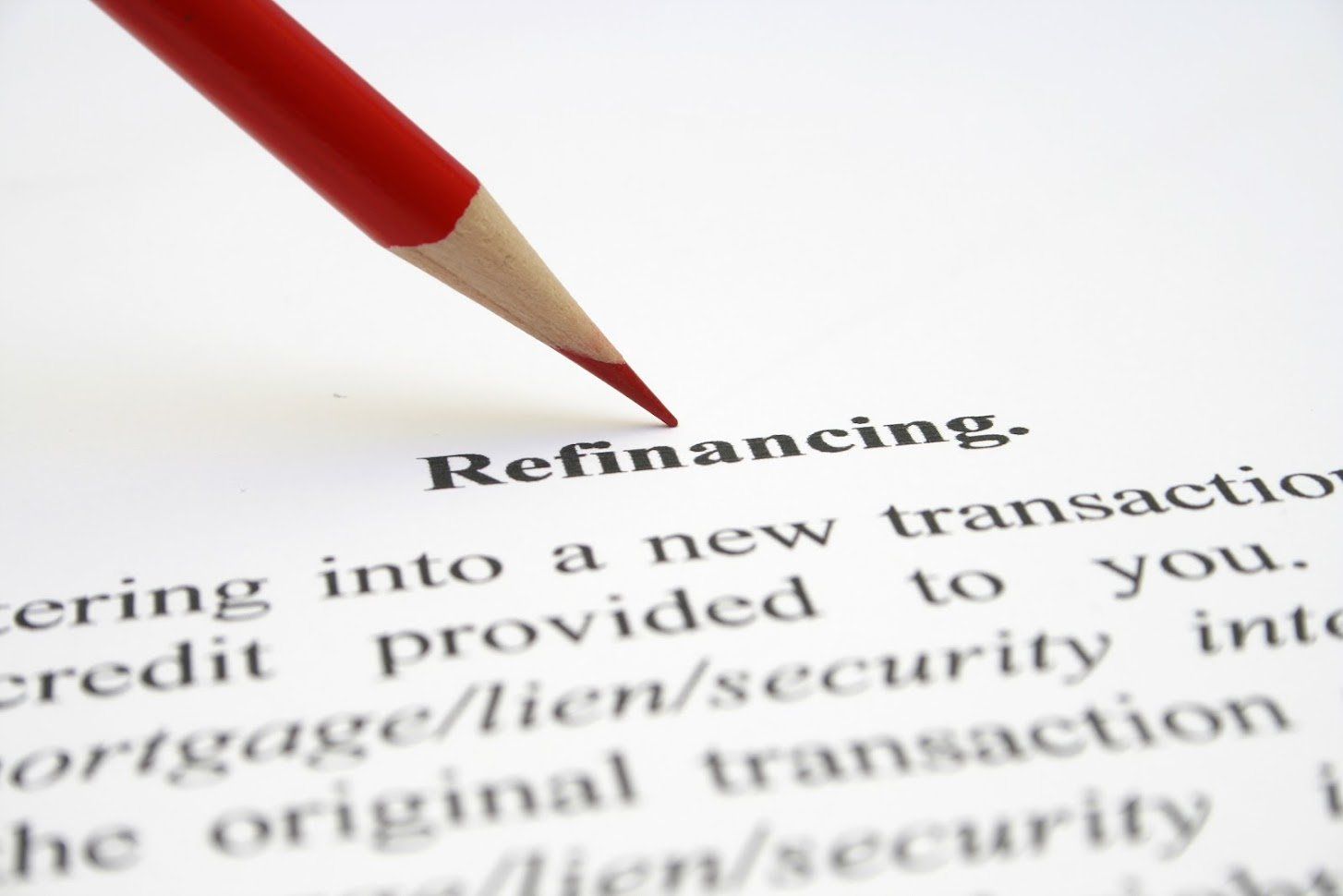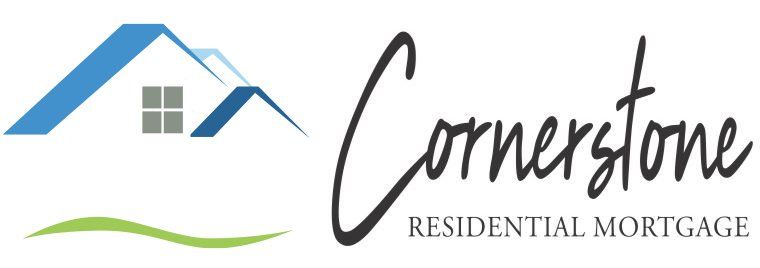Mortgage Refinance | Cornerstone Residential Mortgage
- By Cornerstone
- •
- 18 Feb, 2022

What Is Mortgage Refinancing?
Simply put, mortgage refinancing is another mortgage loan. Rather than paying a seller for a house, a refinance loan pays off your original mortgage, leaving you with only one new loan — and possibly at a lower interest rate and monthly payment.
While the general process of applying for refinancing is similar to applying for a home mortgage (you still go through the application filing, underwriting, and closing steps), refinancing may require a few unique steps in between.
Why Should You Refinance Your Mortgage?
You can refinance your mortgage for a few different reasons. For instance, if you want to have a lower monthly payment, refinancing could be a great solution. Perhaps you opted for an adjustable-rate loan initially and want to switch to a fixed-rate loan. Maybe you would like to lock in a lower interest rate. Or maybe you need to use the equity in your home to pay for unexpected expenses.
Whatever your specific need is for refinancing, consider consulting a mortgage broker to get tips and insights so you can make the best decision possible.
What Should You Do to Make Your Refinance Beneficial?
Rather than refinancing your home and just having it meet its intended purpose, try a few of these tips to help your new loan benefit you more in the long run.
Set Goals for Your Refinance
Before refinancing, think about and set goals for this new loan. Work with a professional to ensure the refinance best works to meet those goals so you do not have to apply for another refinance loan out of necessity.
Leverage Your Credit Score
If you have good credit, you may qualify for a better loan and interest rate, especially if your credit score has increased since you took out your original loan.
Do you have some time to improve your score before applying for a refinancing loan? Doing so may set you up for better opportunities because every point your credit score goes up equals a one-point reduction in mortgage fees.
Likewise, look into your credit reports for any errors. If any inaccuracies exist, correcting them would then improve your score and therefore allow you to qualify for a better refinance loan and interest rate. As a result, you are more likely to meet whatever goals you set for the loan.
Weigh a Few Factors
You will also want to keep a few other things in mind before applying for a new loan. What is the current value of your home? How much equity do you have in your property? Do you have the funds to cover additional costs associated with a refinancing loan, such as closing costs, application fees, or a title service fee?
Again, consulting with a mortgage professional ensures you take the best steps possible when refinancing your mortgage.
To get started on your new home financial goals, contact the team at Cornerstone Residential Mortgage. We are happy to help meet whatever needs you have so you can finally settle in at home sweet home. Please let us know what questions or concerns you have about our refinancing services. We look forward to meeting with you soon for your mortgage refinancing.



